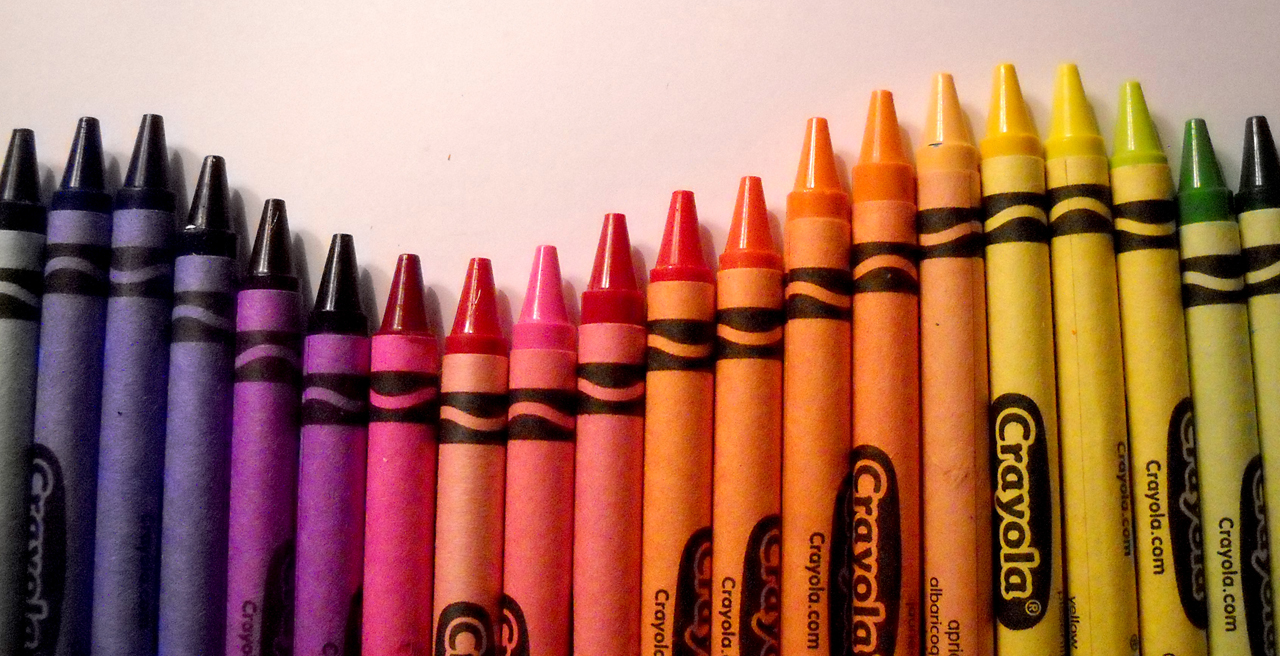Primary age children’s access to the arts
The Fabian Society has launched a new project to provide definitive evidence of the impact that school cuts have had on primary age children’s access to the arts.
Access to the arts can transform young lives. It improves educational attainment and gives children the tools to understand their history and their community. But the squeeze on school funding means that fewer and fewer young people are getting the chance to expand their horizons.
In January the BBC reported that 9 in 10 secondary schools have cut back on lesson time, staff or facilities in one or more creative arts subject. Whilst there is an extensive evidence base for the decline in access to the arts in secondary schools, there is a less comprehensive one for primary school children. With primary education providing the foundation for a child’s future learning, this evidence base needs to be strengthened.
The Fabian Society, in partnership with Children and the Arts and the Musicians’ Union, has launched a new project to provide definitive evidence of the impact that school cuts have had on primary age children’s access to the arts. Children’s Access to the Arts will explore the consequences for children of this decline and set out a series of recommendations to policy makers to remedy the problem.
Earlier this week the Fabians hosted a roundtable bringing together politicians, policy experts and service providers to launch the project. Shadow minister for education with responsibility for schools Mike Kane MP chaired the event and opening contributions came from representatives from Children and the Arts, the Musicians Union and Tracy Brabin MP.
The project will address three key research questions:
-
What has happened to access to the arts for primary age children as school and council budgets have been squeezed?
In addition to a literature review and analysis of published data, the Fabian Society will conduct a survey of providers of children’s arts and polling of primary school teachers.
-
What impact is this decline in access having on children and their life chances?
Trips to the museum, watching dance or drama, or learning to play an instrument can all have a hugely positive impact on children’s life chances. The arts can help root young people in their community and help broaden their ambitions, as well as improving educational performance. This project will gather real-life testimony and examples of best practice from around the country.
-
What should politicians do to improve access to the arts, and how can we ensure they take the action that is required?
Policy makers have the power to transform children’s access to the arts. The final objective of this report is to make a series of recommendations to policy makers which we hope to see adopted by all political parties.
With Labour currently working on its next manifesto, this project will provide evidence-based policy suggestions for the party’s flagship National Education Service policy.

